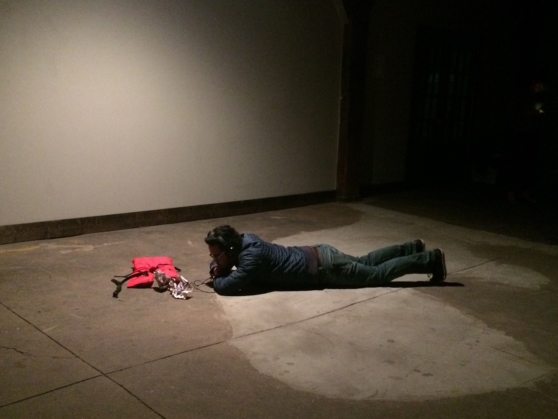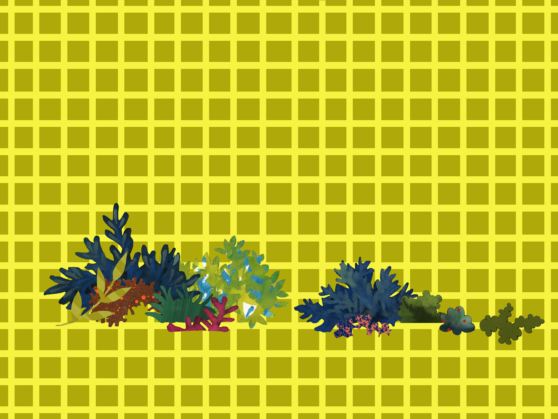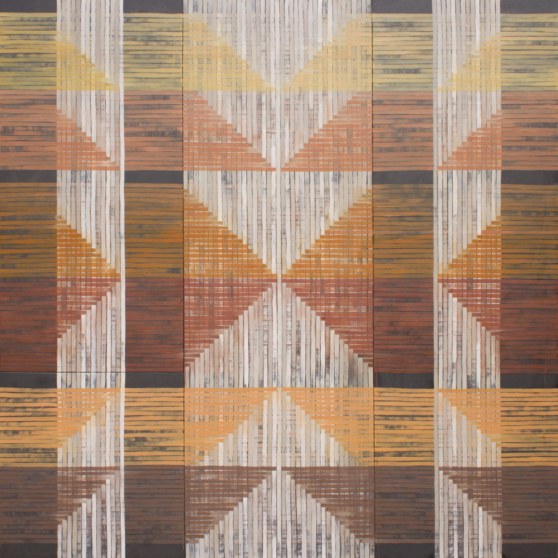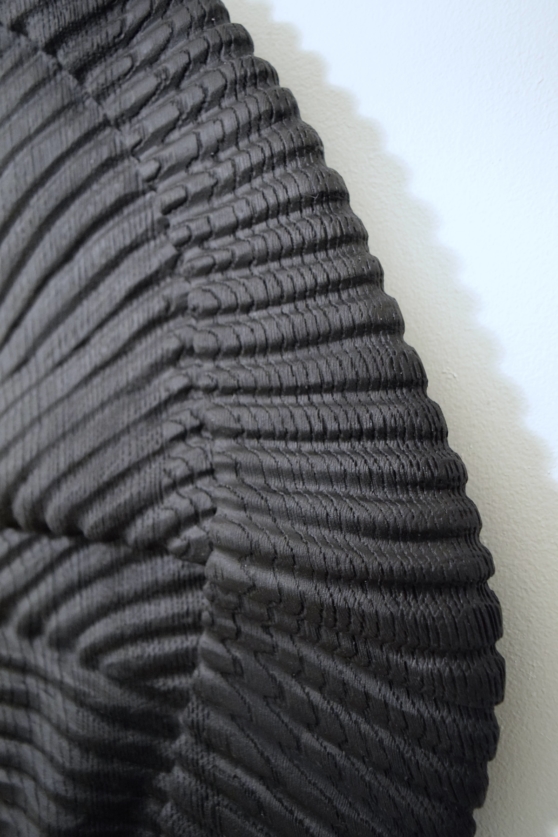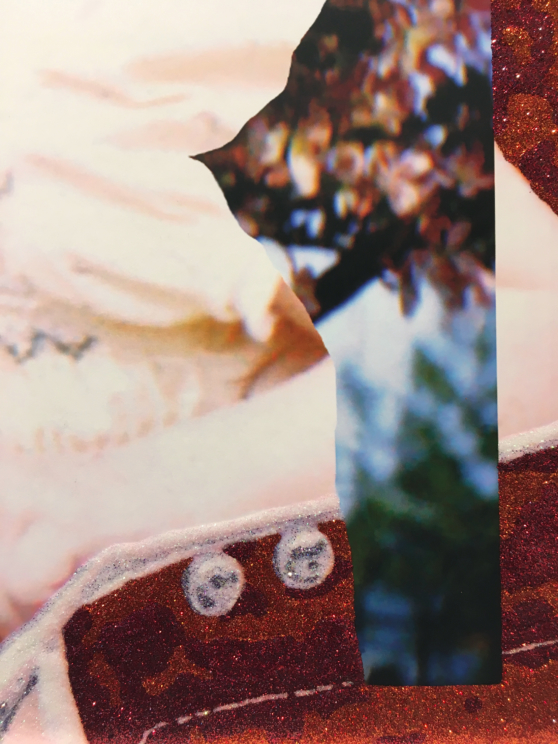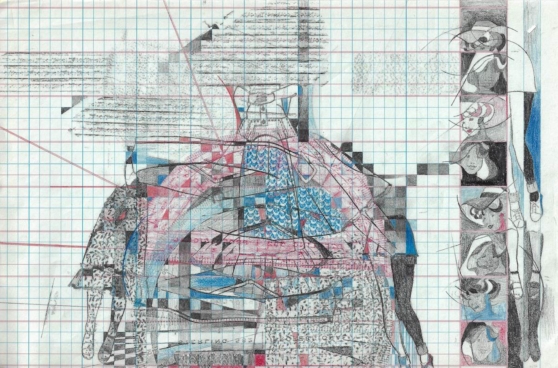Rachel Bubis: Many of your works deal with some pretty dark and disturbing themes. I’m still haunted by your lifejacket and sound piece, False Promise (2016), from the Asymmetric Kin exhibition, which references the true story of people selling fake lifejackets to Syrian refugees. The viewer must lie on the floor to listen to sounds of children playing in the water through headphones, which are connected to a lifejacket stuffed with newspaper. There’s also your #thoughtsandprayers sound-collage piec...
Read more >THE FOCUS
Locate Arts contributor Ashley Layendecker sat down with the artist Julian Rogers to discuss his paintings and his solo exhibition, "Alexander’s Dark Band," which opens Saturday, June 22 at The Red Arrow Gallery in Nashville Tennessee. The show will run until July 27. Ashley Layendecker: Explain where the imagery of the fruit, clothes, and old master renditions generate from. Julian Rogers: The fruit, clothes/fabric, and table tops are still life fundamentals. Very common from the old Dutch still lifes th...
Read more >Rachel Bubis: You say in your statement, “I am endlessly interested in the idea of a place as a thing and a thing as a place.” Could you elaborate? Erin Harmon: I’m interested in the object-ness of landscape. Often when one thinks of landscape painting you’re thinking of a scene to be looked AT, when really we are in the landscape all the time. I’m curious about how bits of nature held in a hand can imply landscape...
Read more >Rachel Bubis: You collect pigments from nature and make your paint. What’s the most interesting or surprising thing you’ve learned about this process? Amanda Brazier: Using earth pigments to create is an ancient practice. With paint making, I’m learning the basics of my trade, fundamentals that have fallen mostly into the background of art education and practice. Before and during the Renaissance, artists (or their apprentices) would have to grind their own rocks and crush dried insects to mak...
Read more >Rachel Bubis: In your artist statement you explain, “My fascination with craft is one of the main driving forces in my research and yet is continually at odds with its distance from my personal history.” Could you elaborate? I assume you wouldn’t describe your own work as craft? Ray Padrón: Craft is a word that carries a lot of baggage, which is why I use it in my statement. Though I would not describe my work as craft,...
Read more >Rachel Bubis: Your photographic-based work explores the “subjective nature of domestic photographs”. How did you get interested in this subject? Kelly Hider: Even though my background is in painting and drawing, I have always had powerful photography influences. I am from Rochester, NY, home of the Brownie camera, George Eastman Kodak, and the George Eastman House, which is an incredible museum, movie theatre, film and photo restoration center and archive. I took photography classes during undergrad at the Visual Studies Work...
Read more >Last month, artist Lynne Ghenov and contributor to The Focus, Ashley Layendecker, sat down together in Lynne’s South Knoxville home for a candid conversation about her work. Ashley Layendecker: I want to start with your discovery of this found paper. Can you describe how you came to find it and how it changed your process? Lynne Ghenov: I’ve always been interested in vintage books and old papers. I’ve also done some collage work in the past using older...
Read more >Amelia Briggs: So you maintain a studio here and at school? McLean Fahenstock: Right now I’m working a lot at Austin Peay because I’m doing a lot of building and a lot of stuff that’s too toxic to do in an environment like this, because this is the base floor of a three story building and there are other people in here that probably should be breathing what I’m working with. But when school starts, I will hav...
Read more >